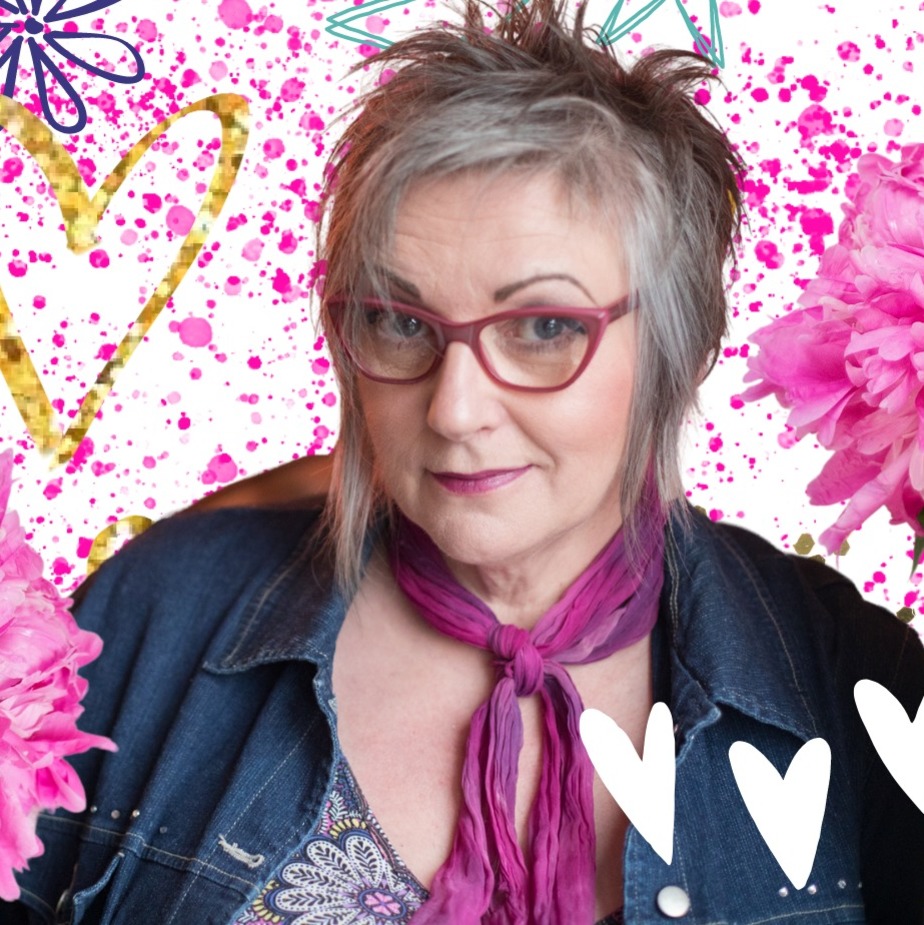Doing Whatever It Takes
How far will you go?
How far will you go to get what you want? Would you do whatever it takes? Or does it depend on the thing and how much you actually want that thing? I remember, some twenty odd years ago, being on a personal development training course that was based around the Stephen Covey’s 7 Habits of Highly Effective people. I, and all the other delegates, were in the business of commission-based sales. The trainer asked us whether we’d like more money, we all said yes.
Then she asked us to imagine we were faced with a rope bridge straddling across the Twin Towers. There was no safety harness. Would we risk our lives and cross it for money? We all said no. Her next question was how many of us had kids. Everyone raised their hand. She then asked us to picture one of our kids crying for help across the other side of the rope bridge. How motivated were we now to cross that rope bridge? As you can probably guess, it put a totally different perspective on things.
The moral of this story is that you really need to dig deep into your why. It’s obviously not enough to just want something, you’ve got to really, really want something AND be prepared to do whatever it takes to get what you want.
Digging deep
From the age of 14 until my late 20’s, and becoming ‘credit worthy’ when I secured a full-time lecturing role, I’d always worked really hard, juggling several part time jobs to make ends meet. Then I developed a gung-ho attitude to borrowing money in the 90’s. For a long time I thought it was normal to live off credit cards as that’s what I’d seen my mum do. When it got to the point of robbing Peter to pay Paul, we had to remortgage the house. I learnt my lesson from that experience in the 90’s and began to manage money more mindfully as a result.
It meant a lot to me, in 2013, when I found myself responsible for keeping a roof over mine and my son’s head, to not go down that route again. I needed to find a way to pay the mortgage on my own. My mental health was already in tatters after a protracted ordeal of a traumatic situation with my employer, coupled with the simultaneous demise of my 23-year relationship. I had left my well-paid full time, main breadwinner job. And I was now a single parent to a 13-year-old son. I couldn’t face the stress and upheaval of selling up the family home and downsizing as well.
I couldn’t face going back into employment at this point either. I needed to give myself time to heal from the stress of everything. I had to dig deep and keep going. I set myself up in business, alongside my colour and style business I did whatever I could to make money. I taught ‘Start from Scratch’ drawing evening classes around my dining room table. I sold all my unworn gold jewellery for scrap. I did car boot sales. I moved my office upstairs and rented out my ground floor rooms on AIRBNB. I swallowed my pride and registered for tax credits too. I did what it took. Thankfully I managed and still own my home.
Money = success?
For the first few years of being self-employed I used to think money equalled success. I would only consider myself successful when my revenue at least matched the full-time salary I used to earn. I put myself under a lot of pressure. It’s easy to feel desperate when you use money as a measure of success. It sucks the joy out of it and your energy is off. People pick up on it and it’s counterproductive. It also affected my self-worth.
I was knocking myself down and focusing on what I wasn’t yet achieving rather than what I was achieving. I tried flipping that. I’m still work in progress (because I’m always striving for my next goal), but I do now acknowledge how far I’ve come (most of the time). On the whole I’m quite a self-motivated, positive person and when I’ve set my mind to something I’m determined to give it my best shot. I do realise that I need to really want it though or accept that it won’t happen. I’ve got to make the thing my priority and then make decisions based on what I’m prepared to do to make it happen.
It’s down to the ‘what you’re not changing you’re choosing’ scenario. For example, I make no secret about not liking being ‘morbidly obese’. (Which I am if you take notice of the BMI chart.) If you asked me, do you want to lose weight? I’d say yes. However, when my GP offered me bariatric surgery a couple of years ago my response was a hard no. I do not want to go down that route. She then offered me a prescription for Orlistat ‘shit yourself thin’ tablets, which I also declined.
I was upset and frustrated about my weight not shifting, despite me making changes to my lifestyle, and it was getting me down. But I was obviously not that motivated to do whatever it takes in the eyes of my GP and the NHS! I did go on to try further options including a very rude self-proclaimed weight loss expert with zero empathy or compassion. None of them ‘stuck’, so for now I’ll stick with eating healthy meals until I find the motivation to try another way to get myself out of the chub club.
It's all aboit priorities
I’m absolutely a firm believer in where there’s a will there’s a way, but the caveat is this -you have to be prepared to take the action that is necessary to get your desired result. To make something happen you 100% have to want it at the deepest level. Your motivation and determination have to be focused on your goal that you will do whatever it takes. It’s all about priorities.
It’s the same for any type of transformational goal. You have to be ready and want to engage in the process. Have you ever been told by a client that they want to change something. They ask for advice but then don’t take action to follow it? It can be really frustrating. You invest your time and energy into helping them, but if they’re not ready to make the change, you have to let go and not be attached to the outcome. Unless it is a priority for them then it’s not happening even though they are paying you money. You can take a horse to water and all that.
Whatever it takes
In business, I used to think it was my responsibility to make sure that my clients achieved their desired outcome. I would worry that I hadn’t done enough, when actually it was their choice. I always ask if there’s anything I can do differently and whether they have everything they need from me. I will adapt if I can whilst still honouring my boundaries and respecting their pace. I love to see people achieve their transformational goals, but I recognise it’s got to be client led and they need to do whatever it takes. How about you? What are you saying you want but aren’t making a priority?
Tagged as: confidence, Love Yourself
Share this post:












